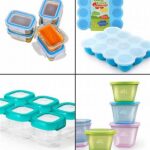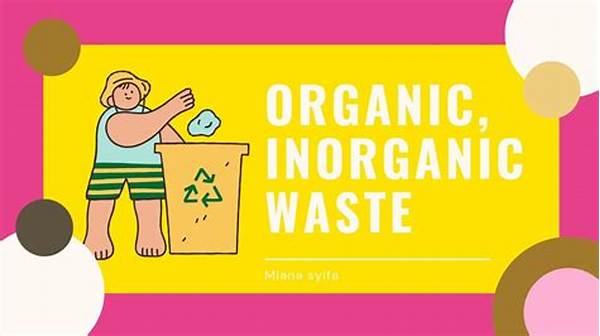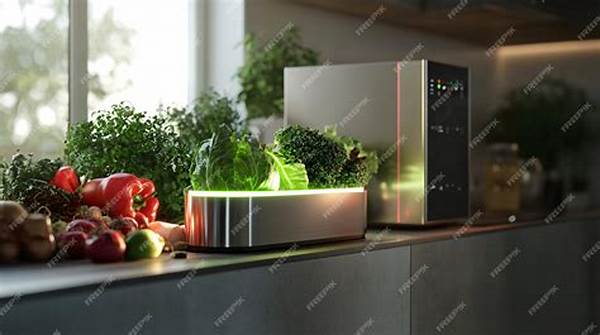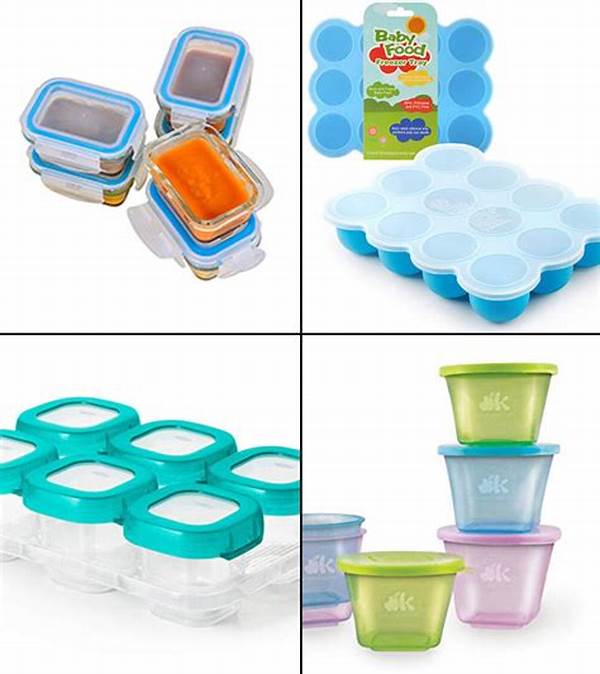Did you know that the average household generates over a ton of waste every year? Interestingly, a significant portion of that waste can be easily managed with just a little effort in sorting. Imagine not only reducing your ecological footprint but also transforming waste into a resource. Whether you’re an eco-warrior or just someone looking to make a positive change, learning the art of sorting waste at home can be surprisingly easy and rewarding.
Read More : Waste Containers For Wet Waste
It’s time for a revolution in waste management—right from your kitchen! No more confusion over bins or feeling guilty about contributing to landfills. Sorting waste effectively can lead to a cleaner home, a healthier planet, and even some unexpected perks like nutrient-rich compost or a new hobby in upcycling. Intrigued? Let’s dive into these impactful yet simple tips for sorting organic and inorganic waste at home.
Why Sorting Waste is Crucial
Sorting waste isn’t just a trendy fad; it’s a necessity. When organic waste is improperly disposed of in landfills, it decomposes anaerobically, releasing methane—a potent greenhouse gas. By separating your organic from inorganic waste, you’re not only sharpening your environmental game but also potentially saving our planet from skyrocketing temperatures.
Moreover, inorganic waste like plastics can sit in landfills for hundreds of years. By recycling or reusing, you’re doing your part in reducing this daunting statistic. It’s not just about the environment; it’s about redefining waste as we know it. With that in mind, here are the essential tips for sorting organic and inorganic waste at home.
Tips for Sorting Organic and Inorganic Waste at Home
Identify Your Waste Categories
Understanding what belongs in each category is the first step. Organic waste refers to biodegradable materials that come from living organisms, such as fruit peels, vegetable scraps, and yard waste. On the other hand, inorganic waste comprises non-biodegradable materials like plastics, metals, and glass. To ease this process:
Composting: The Organic Solution
One fantastic way to deal with organic waste is through composting. It’s not just a method—it’s a lifestyle! Composting turns your kitchen scraps into black gold for your garden, enriching the soil and reducing your overall waste.
Recycling Inorganic Waste
Incorporate recycling into your routine by separating your inorganic waste further into categories like paper, plastics, glass, and metals. Each type may have different recycling requirements, so it’s crucial to stay informed.
Inspiring Others: A Community Effort
Sorting waste at home is a fantastic start, but inspiring others amplifies your impact. Share these practices with friends and neighbors, fostering an environmentally friendly community.
Embrace a Zero-Waste Lifestyle
Finally, for those itching for a challenge, consider embracing a zero-waste lifestyle. This means reducing your waste production altogether by being mindful of your purchasing choices and improvising innovative solutions to minimize waste.
Read More : Waste Container Manufacturers
Making a Difference: The Impact of Sorting Waste
Taking action is crucial, but seeing the results is where real satisfaction lies. Sorting waste at home can significantly reduce your ecological footprint and inspire those around you to adopt the same practices. As you become more adept at sorting, you’ll notice:
Common Challenges and How to Overcome Them
While sorting waste is impactful, it’s not always without challenges. At first, it might be daunting to establish a new routine or deal with limited space for multiple bins. Overcome these hurdles by starting small.
Involving family members can transform a mundane task into a fun group activity. Children can make fun labels for bins or choose items for composting. Adults can schedule recycling drop-offs. Gradually, the new system will become second nature.
Final Thoughts: Your Role in Sustainable Living
By implementing these tips for sorting organic and inorganic waste at home, you’re playing a powerful role in promoting sustainable living. Every bit of waste you manage correctly represents a positive step toward preserving our environment. Remember, consistent efforts, no matter how small, lead to significant changes over time.
Embrace the journey, and don’t hesitate to share your experiences and ideas with others. More than just managing waste, you are nurturing a community of environmentally conscious individuals. Here’s to cleaner homes and a healthier planet—one sorted bin at a time!










